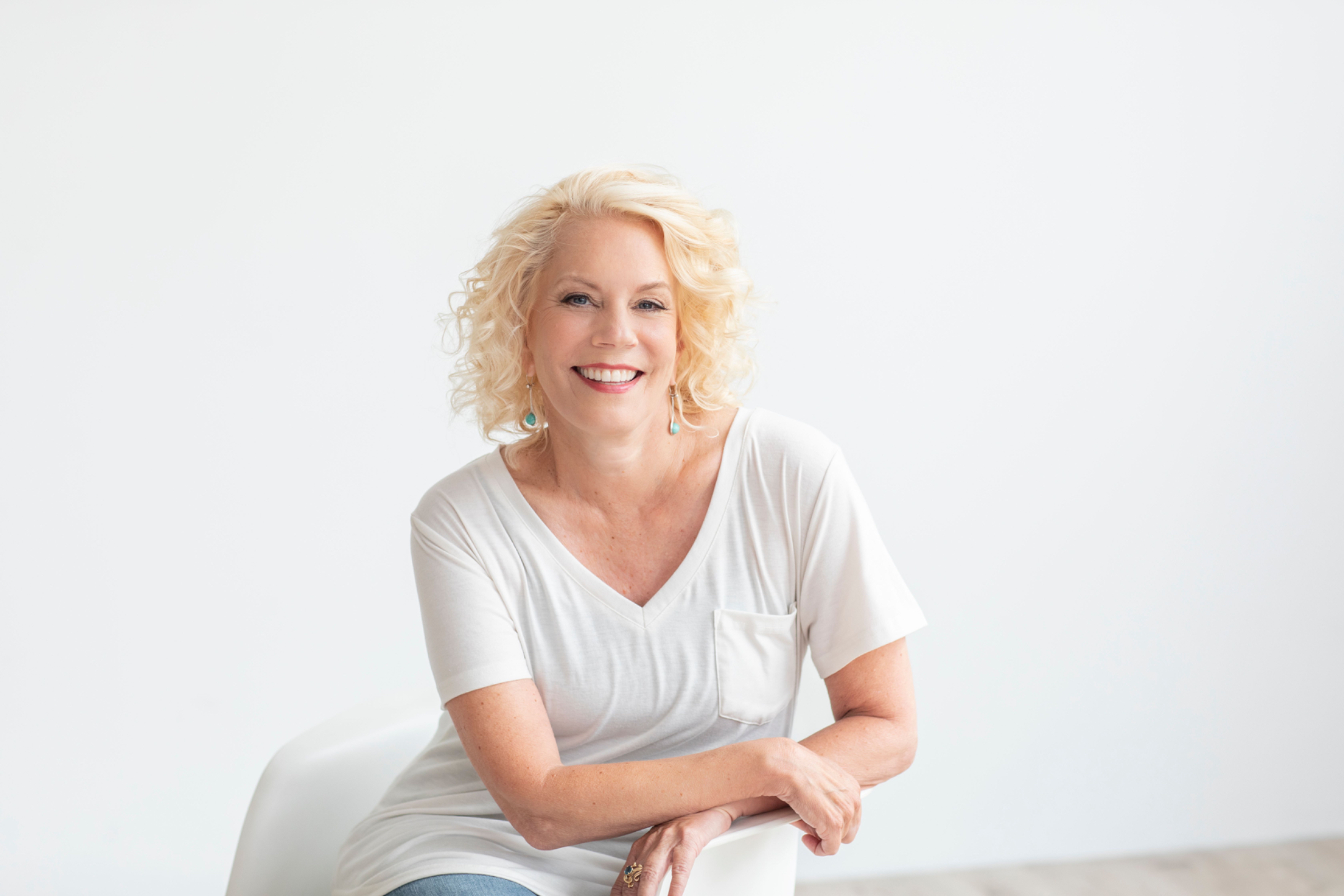Cyndi Dale is an internationally renowned author, speaker, healer, business consultant, and the author of over 40 books about energy medicine, intuition, and spirituality.
Her client sessions, which involve energy healing and holistic intuitive consulting, earn her referrals from many psychiatrists, medical doctors, and therapists. She continues to hone her ability to help people discover their essential selves so that they can make healthy and positive changes in their lives.
As Featured In
GROUP LEARNINGS
Transformation Through Classes and Events

Explore Events, Classes, & Workshops
Step into transformative online learning experiences designed to help you break free from limiting patterns and reclaim your authentic power. From masterclasses on overcoming the destructive group mind to deep dives into Cyndi's proven Causal Clearing Protocol, these courses offer practical tools and spiritual wisdom to catalyze profound shifts in your life.
Transform your original soul wound, and you will transform your health, your life, and ultimately your destiny.

One on One
Sessions
Experience personalized intuitive analysis and energy healing with Cyndi Dale or her trusted practitioners Carol LaSota Rouffaud and Ofer Niv. Whether you're seeking a quick breakthrough, ready to clear what's blocking your success, or called to deeper work through a Subtle Body Immersion or Phoenix Rising intensive, each session illuminates your true gifts and releases energetic blocks.
Transform your original soul wound, and you will transform your health, your life, and ultimately your destiny.

Write Your
Non-Fiction Book
Coming Soon: Turn your healing wisdom into a published legacy.
Have you been called to share your unique insights and expertise with the world? Drawing on decades of experience as a bestselling author of over 40 books, Cyndi will guide you from concept to published author, helping you clarify your message, structure your manuscript, and navigate the publishing process with confidence.
Transform your vision into reality, and you will create impact that will transform lives.
Trusted Voice in Energy Medicine and Personal Transformation






















